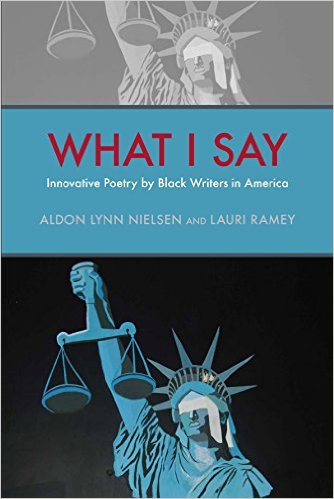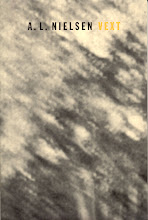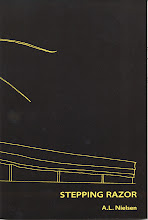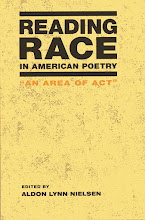
Santa Barbara is a region of delightfully strange juxtapositions. Witness the recent wine tasting at the beach. While it's true there is often a great deal of wine drinking going on when the blues is played anywhere, we don't always think of the Chardonnay crowd as blues aficionados.

The legions of BMWs and Jaguars may have come down to the beach that Sunday for the California Wine Festival -- But I was there because of the advertised musical guests, Tom Ball and Kenny Sultan.

 Keeping up the Blues traditions of Taj Mahal, Koerner, Ray & Glover and so many others, Ball and Sultan have achieved international recognition for their artistry and are regulars on the festival circuit. They also make their home base here in Southern Califronia, so we get to see them often. You may want to check out their web site and order some of their CDs. Along with recordings of their own performances, the web site offers instructional books and videos as well.
Keeping up the Blues traditions of Taj Mahal, Koerner, Ray & Glover and so many others, Ball and Sultan have achieved international recognition for their artistry and are regulars on the festival circuit. They also make their home base here in Southern Califronia, so we get to see them often. You may want to check out their web site and order some of their CDs. Along with recordings of their own performances, the web site offers instructional books and videos as well.
That Sunday they were at the top of their form, playing such old favorites as their song about the perfect woman (she owns a liquor store, you see), and working out on stunning solos, including a harmonica-only rendition of Duke Ellington's "Don't Get Around Much Anymore" that had all of us harp players in the audience slack-jawed with wonder.












































